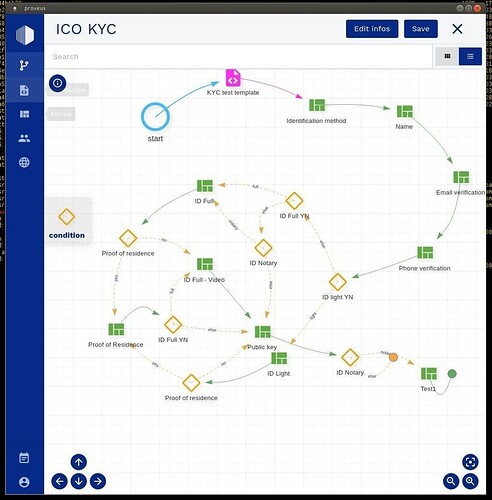The other day a friend pointed to this excerpt from my recent blog post, and asked me to expand on the topic: “We learned a lot about No Code and Low-Code, wondered as people whipped up extremely compelling ideas hacked together in some cases with ML and blockchain glue, at other times being convincing enough just rendered in a slideshow.”
Open data hackdays and hackathons have had the differentiating feature of being a crowdsourcing event, open to a wider audience and encouraging people to contribute any way they could: coding a solution being NOT a submission requirement. Over the years we’ve used all kinds of visual data exploration tools, as this thread recounts:
I won’t try to unpack this whole trendy “No Code” wave here. From FileMaker to Airtable, such tools have always been part and parcel of the data wrangling toolkit. The question does remind me to share the news on a project I’ve been working on over the past few months in this area.
Developed by a Swiss company, such a visual editor for transactional applications designed to work well with Ethereum, was open sourced last year. An association was created to sustain and promote the initiative - and I’m closely involved in maintaining the code base. More background on this at https://proxeus.org
This is how the Proxeus editor looks like for a company registration application, described in a weforum.org article. The user is presented with an abstracted representation of key items of data (green), user configuration (purple) and automated decision points (yellow). The flow has a start and an end point, but could branch off into various independently running tasks, such as notifications.
Behind the scenes, Proxeus is a Web server written in the Go Programming language, with an extensible plugin system of nodes which are steps in workflows like the above. The idea is that an open development community writes such nodes, while users make cool workflows with them. If you’ve ever used IFTTT or similar, you will know right away what to do. To get started, try the demo server, install it on your machine from source, or try the cloud deployment.
If you have any questions, suggestions of other open source No Code tools, and good use cases (particularly in the realm of data wrangling), please drop me a line.
